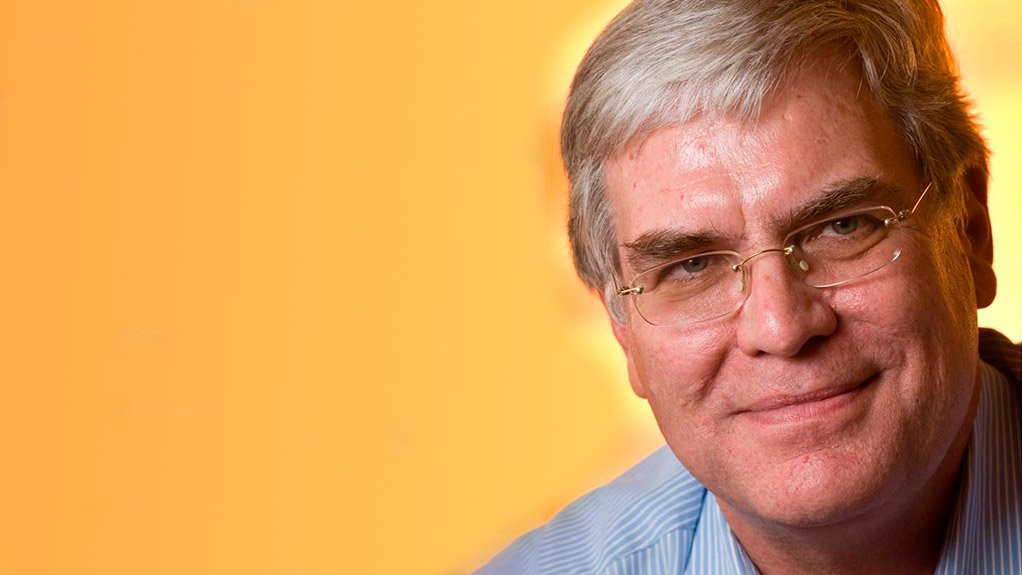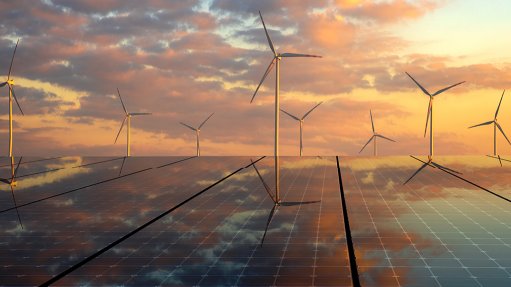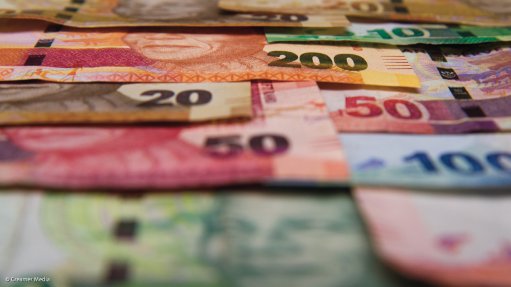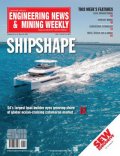Landman, Weimar positive about South Africa’s economic prospects, but only from end-2024
Nedbank chief economist Nicky Weimar and political and economic analyst JP Landman share the sentiment that the South African economy will emerge from the current low-growth environment beset with structural issues.
They have no doubt that a resilient society and innovative private sector will help remedy the “fractured, not failed, State”.
Speaking to seasoned investigative journalist Devi Sankaree Govender during a Nedbank Private Wealth-hosted webinar, Weimar said South Africa’s biggest problem aside from the electricity crisis was poor service delivery.
It is in this area that she sees massive potential for private sector participation, citing an example of Nedbank clients that build and supply affordable housing in South Africa and in other African countries.
“There are opportunities to meet the demands of South Africans,” she stated, adding that there were also many investment opportunities in the renewable energy space, with a lot of activity happening already.
Weimar did prdict economic growth would undoubtedly suffer this year, owing to structural problems, sharing Nedbank’s prediction of 0.4% gross domestic product (GDP) growth, the South African Reserve Bank’s estimation of 0.3% GDP growth and the International Monetary Fund’s prediction of 0.1% GDP growth in South Africa.
Optimistically, South Africa could see a 0.7% GDP growth rate, but the economy will only start meaningfully growing from end-2024 onwards, assuming that loadshedding is significantly reduced.
The “silver lining” to the dire situation South Africa was in, Weimar pointed out, was the resilience and adaptability of the private sector, which was evident in the Covid-19 pandemic, as it was again now with the electricity crisis.
Landman agreed, saying the private sector was working hard to bridge the country’s 6 000 MW baseload energy gap. To eliminate loadshedding, about 18 000 MW of renewable energy and storage were needed.
He explained that there could be a markable improvement in loadshedding once 5 000 MW of renewables had been installed, which would enable loadshedding to be cut by 61%.
Landman expected loadshedding to remain a prominent feature of the South African economy until the end of 2024, and no sooner, despite ambitious and far-fetched promises having been made that loadshedding can be solved in six to 12 months.
One positive of loadshedding has been its being the driving force behind the energy transition, or "revolution", according to Landman. He told Govender that society and businesses alike were sick of loadshedding, and were pushing the country faster along the energy transition.
Concurrently, the country was seeing a complete change in policy. He said government’s approach to infrastructure development and utility management was changing rapidly, in no small measure owing to loadshedding.
He anticipated the South African economy would see R1.5-trillion worth of investment in energy in coming years, which would certainly lift economic growth prospects.
Responding to whether South Africa was in a recession, Weimer said it depended on how it was considered. A technical recession occurs if GDP contracts for two consecutive quarters, which South Africa had not experienced; however, how academics identify recession is by looking at wider factors such as employment levels and deployment of capital, for example, and whether "natural welfare" is increasing or decreasing.
In this regard, South Africa has experienced unabated declines over a long period, indicating that the economy is, in fact, in trouble. However, Weimar does not believe South Africa finds itself in an unsalvagable situation, with many deeming South Africa a “failed State”.
Rather, she said, government and the private sector could address the decay that had occurred over the last decade.
In turn, Landman believes South Africa to be in a recession, since economic growth is not matching up to the 2.1% population growth rate. However, he does not believe South Africa to be a failed State, although some of the State’s functions are indeed failing, such as the ability to supply quality electricity, water and roads.
He said there were many State functions that were still working well, including the South Africa Reserve Bank, the South African Revenue Service and the National Prosecuting Authority, the latter two of which had had to undergo turnaround procedures.
“A strong factor of our economy is a world-class banking system and world-class capital markets,” Landman pointed out, saying that South Africa’s private sector had managed to overcome every challenge thrown at it since at least the 1980s.
He added that it helped that the ruling party had recognised a lot of its problems and had undergone huge policy reforms that were unthinkable a few years ago, including embracing decentralised energy generation and getting the private sector to help manage the country’s ports.
Commenting on South Africa’s Financial Action Task Force greylisting, Weimer said South Africa had experienced a significant outflow of capital from portfolios, since investors were not willing to put their money into greylisted companies. She added that there would now be a lot more paperwork with cross-border transactions, whether it be investment flows or trade.
“In a way, it is not a bad thing to have to prove without a doubt where income is coming from, but it is indeed another burden that will have to be managed – getting validations and certifications in place for every transaction undertaken,” Weimer explained.
In conclusion, the experts are positive about South Africa’s economic prospects from 2024 onwards, which will undoubtedly be driven by private sector investment.
Comments
Press Office
Announcements
What's On
Subscribe to improve your user experience...
Option 1 (equivalent of R125 a month):
Receive a weekly copy of Creamer Media's Engineering News & Mining Weekly magazine
(print copy for those in South Africa and e-magazine for those outside of South Africa)
Receive daily email newsletters
Access to full search results
Access archive of magazine back copies
Access to Projects in Progress
Access to ONE Research Report of your choice in PDF format
Option 2 (equivalent of R375 a month):
All benefits from Option 1
PLUS
Access to Creamer Media's Research Channel Africa for ALL Research Reports, in PDF format, on various industrial and mining sectors
including Electricity; Water; Energy Transition; Hydrogen; Roads, Rail and Ports; Coal; Gold; Platinum; Battery Metals; etc.
Already a subscriber?
Forgotten your password?
Receive weekly copy of Creamer Media's Engineering News & Mining Weekly magazine (print copy for those in South Africa and e-magazine for those outside of South Africa)
➕
Recieve daily email newsletters
➕
Access to full search results
➕
Access archive of magazine back copies
➕
Access to Projects in Progress
➕
Access to ONE Research Report of your choice in PDF format
RESEARCH CHANNEL AFRICA
R4500 (equivalent of R375 a month)
SUBSCRIBEAll benefits from Option 1
➕
Access to Creamer Media's Research Channel Africa for ALL Research Reports on various industrial and mining sectors, in PDF format, including on:
Electricity
➕
Water
➕
Energy Transition
➕
Hydrogen
➕
Roads, Rail and Ports
➕
Coal
➕
Gold
➕
Platinum
➕
Battery Metals
➕
etc.
Receive all benefits from Option 1 or Option 2 delivered to numerous people at your company
➕
Multiple User names and Passwords for simultaneous log-ins
➕
Intranet integration access to all in your organisation





















